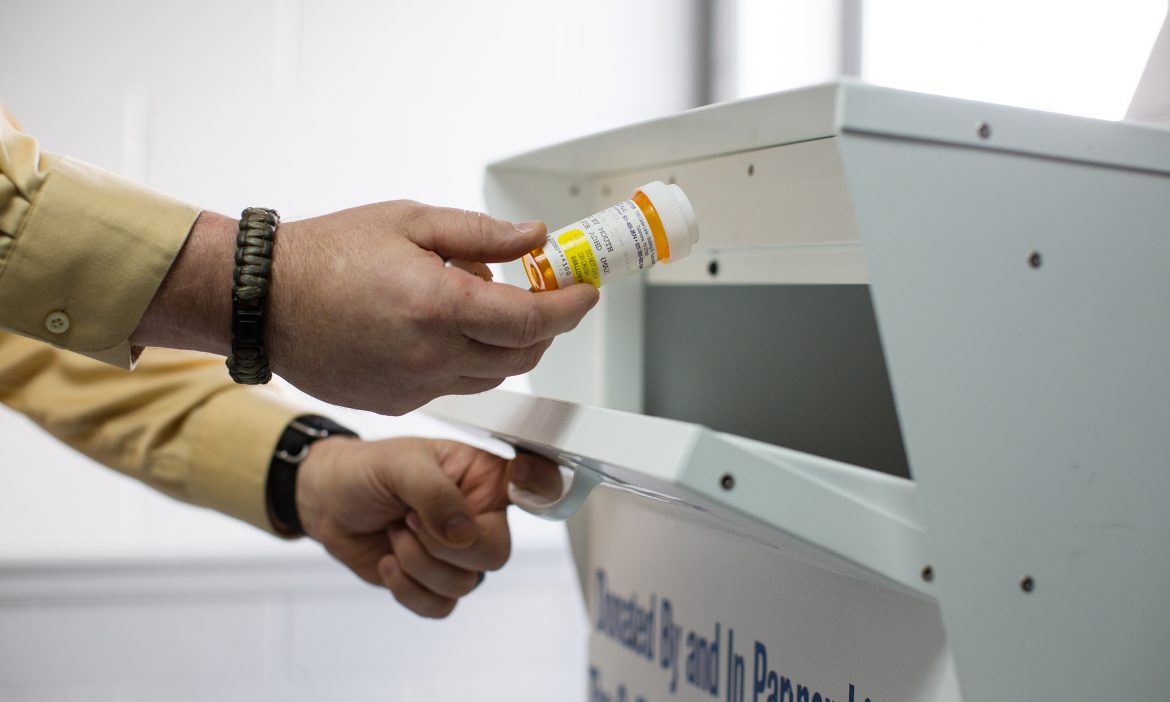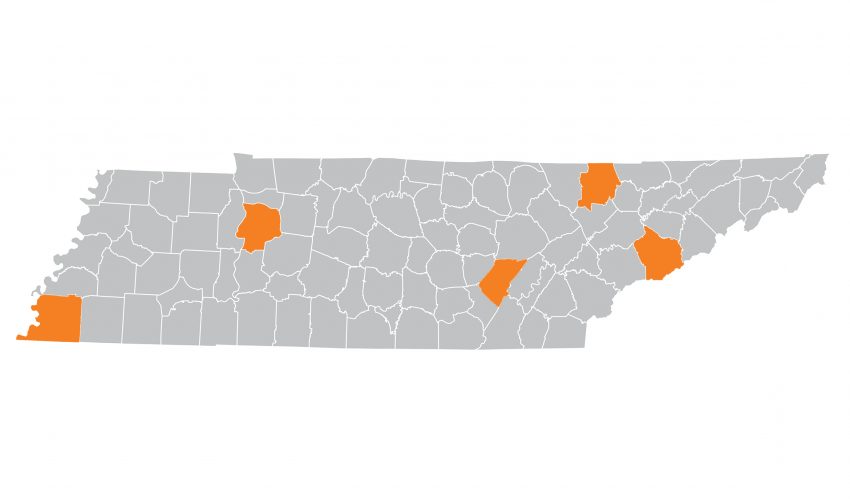In 2009, Coffee County saw a spike in prescription drug abuse in its schools. A survey revealed that kids were “borrowing” or “sharing” pills from friends or relatives, often to treat anxiety or relieve pain.
Though they weren’t getting the pills from their doctors, the fact that these weren’t street drugs offered an illusion that there was no harm in using them.
The kids believed they were taking medication, and parents often agreed that the practice was okay.
That is not the case. Using prescription medication without consulting a doctor is a health risk. The dose for an adult may not be right for a teen. There could be an adverse reaction. And there is a danger of addiction for some medications.
The Coffee County Anti-Drug Coalition began a campaign to end the misinformation and stop the flow of pills.

Enlisting physicians and pharmacists to educate patients about the dangers of sharing pills, Count It! Lock It! Drop It! (CLD) then gave prescription holders three easy but effective steps to control the circulation of pills:
- Count It! – Every two weeks, count the number of pills left in a container to spot any shortfalls.
- Lock It! – Store prescription pills in a lock box or other secure location.
- Drop It! – Drop off any leftover medications at a secure location, such as a pharmacy or law enforcement office.
The program was such a success that BlueCross BlueShield of Tennessee Health Foundation granted funds to expand CLD statewide.
Better Tennessee spoke to Kristina Clark, one of the founders of CLD who is managing the rollout, about its progress.
Q&A
Better Tennessee: When the Coffee County Anti-Drug Coalition launched Count It! Lock It! Drop It! (CLD) in 2012, it was because a survey on drug use showed that students and parents both considered prescription drugs – often opioids – to be safe.
BT: Since 2012, opioid misuse and abuse has become a national issue. Have attitudes changed as a result?
Kristina Clark: Absolutely. In our work, we see that people do understand that prescription drugs are dangerous and they are starting to have conversations with family members about it.
Parents are having the discussion with their doctors if their children are prescribed an opioid for an injury. We are seeing the tides turn in people understanding the dangers associated with opioids and that misuse can happen in any household, regardless of socioeconomic status or education.
It can affect anyone.
BT: How were counties chosen for rollout?
Clark: When we got the funding to take the program statewide, it was for 44 hotspot areas based on the rate of neonatal abstinence syndrome (NAS) births along with other risk factors. That made East Tennessee our rollout target. So, we started with the upper eastern part of the state and worked our way down.
Another factor influencing where we implemented Count It! Lock It! Drop It! was the community’s capacity to get people on board. We have to have physicians having discussions with people who are getting medications, and those discussions need to be reinforced by pharmacists when they pick up their prescriptions, so we have an overall community approach.
We need a point person in each county who is willing to take that on, who can bring in doctors and pharmacists to sit at the table in the planning stages so that the program can be implemented in its entirety.
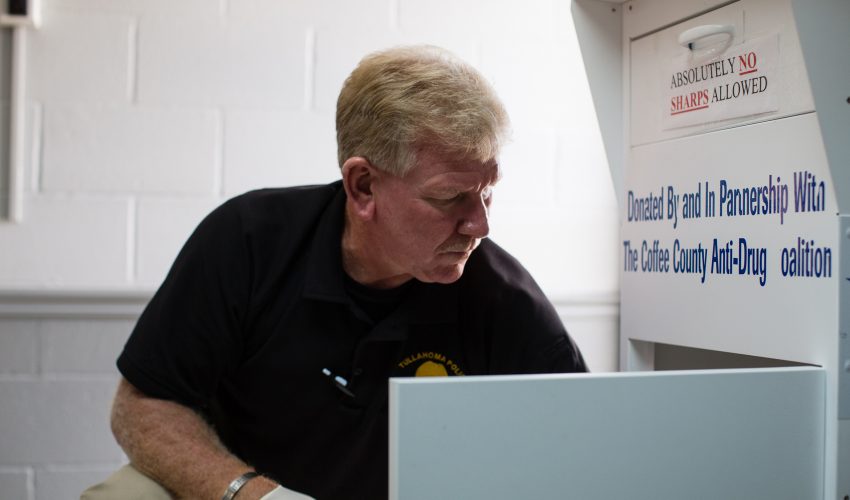
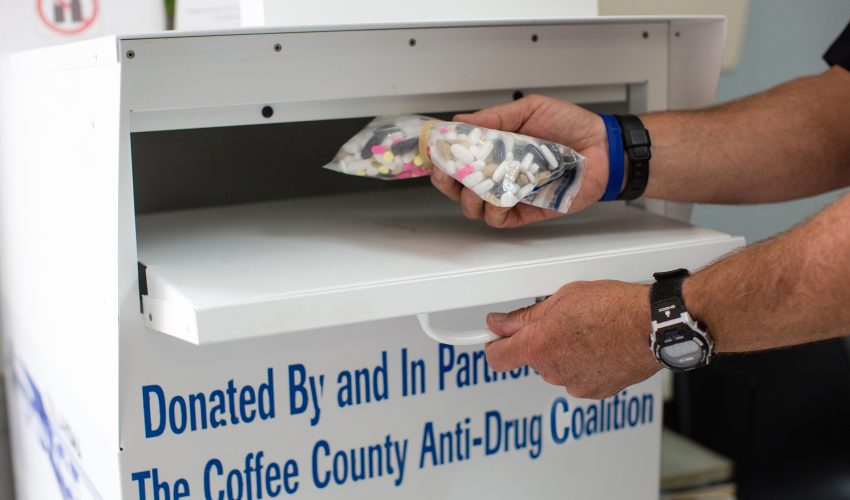
BT: CLD began as a grassroots effort in Coffee County and one of the goals of expansion was to make sure that it would be a grassroots project in every participating community — that they could localize it in a way that made sense for them.
BT: What have you seen as other areas implement CLD that is surprising or impressive?
Clark: Tennessee has obviously always been a creative state and we’ve seen some great things.
- Scott County was putting the CLD messages on popcorn bags in movie theaters.
- Polk and Bradley Counties put up signs at their landfills to alert people not to dispose of medications there.
- Sumner County has the CLD message printed directly on prescription drug bags.
The other thing that we are doing now as we go into more areas is to make sure that our materials are available in Spanish to reach those communities in the best way possible.
At the Fall 2017 DEA National Drug Take Back event, Tennessee collected 68,053 pounds of prescription drugs in one day. That is more than the combined totals collected in Michigan, Ohio and Kentucky.
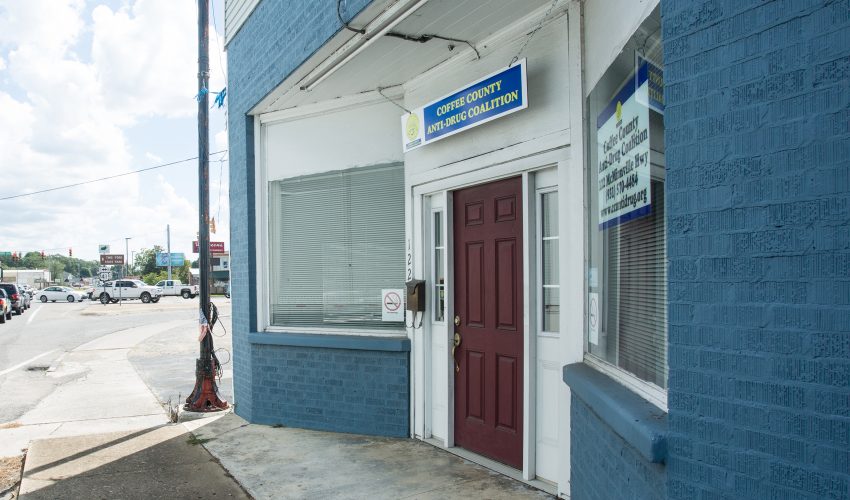
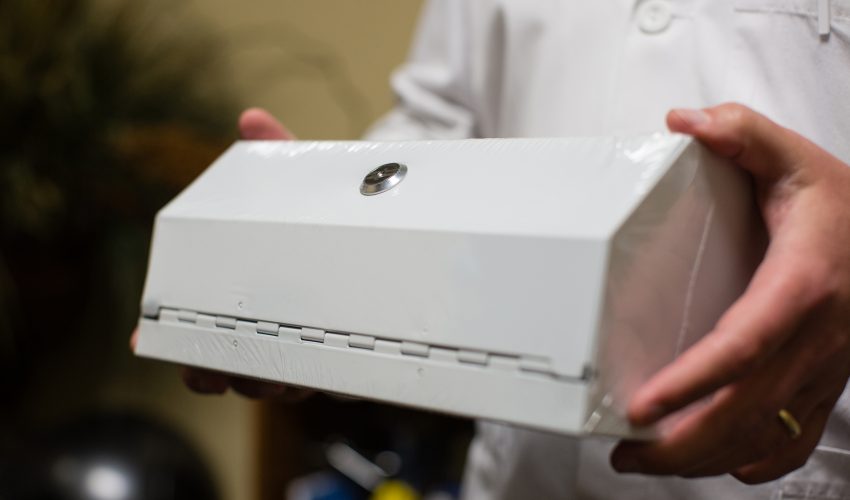
BT: What are next steps?
Clark: We are in 63 counties to date and in the next year we want be operating in all 95 Tennessee counties.
In the next five years, we hope to expand into other states — we’re working with Rhode Island now — and work with our evaluation team to prove that this is an evidence-based strategy to combat the issue of opioid misuse and abuse.
BT: What kind of success stories are you seeing?
Clark: One of the biggest successes we can point to is that the counties that are doing Count It! Lock It! Drop It! are getting more pounds of medication in their drug disposal drop boxes and at takeback events than nonparticipating counties.
The marketing campaign is working to dispose of more unused or expired drugs.
BT: What kind of feedback are you getting from community leaders as the program unfolds?
Clark: We are definitely hearing positive feedback from area leaders.
Recently, when we were touring a work correction site in Rutherford County, the people there were telling us about the shift in attitude regarding the subject of opioid abuse.
They see inmates who are struggling with addiction, but they have also seen the problem in their own families.
They say that it has been powerful for them to be part of the program. This is a little thing they are glad to be able to do to combat an issue they see throughout their community.
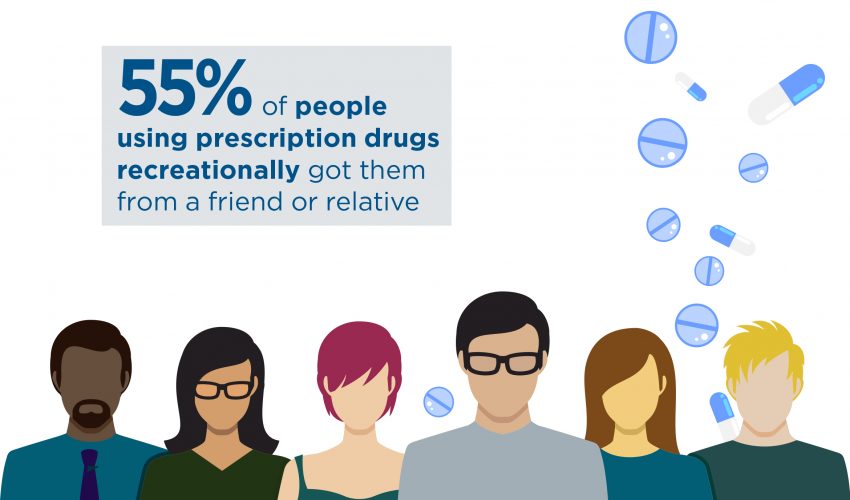
Click the image above to learn more about prescription opioid abuse in Tennessee.


